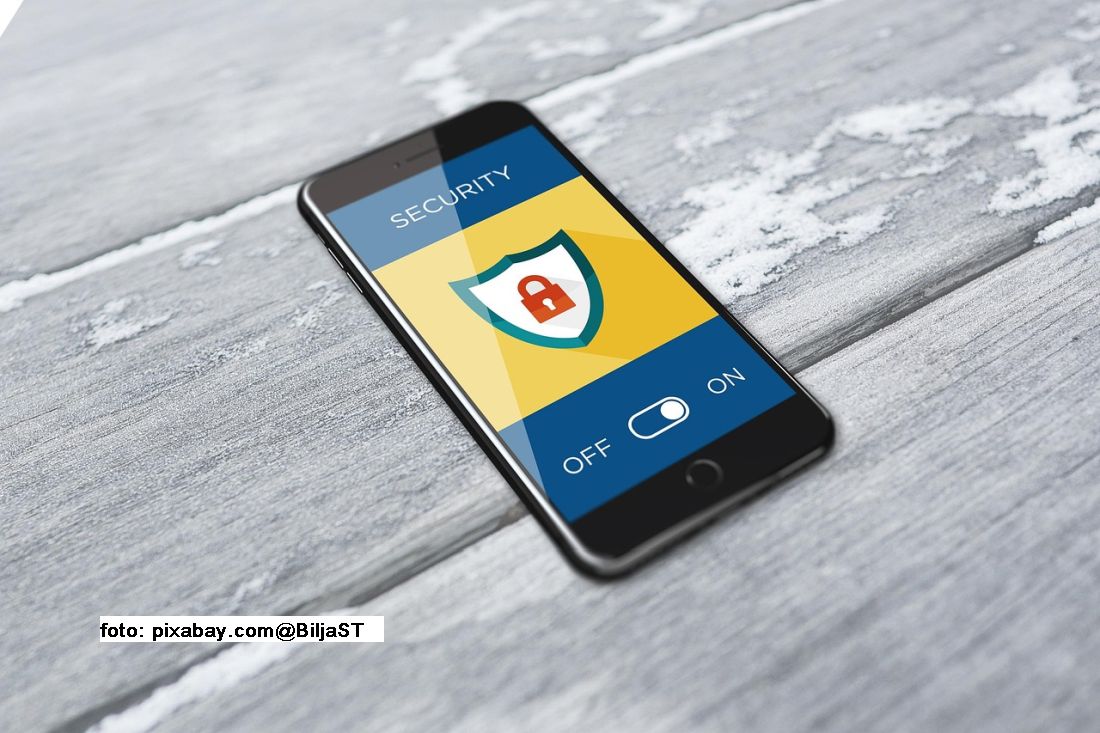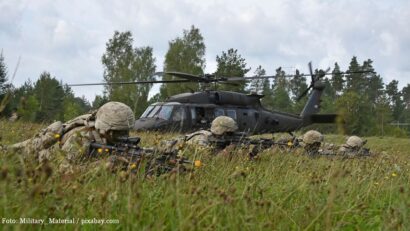Security culture, a necessary shield
The classic conflict in Ukraine, located on the border of Romania, has effects that far exceed the front line

Corina Cristea, 03.10.2025, 13:09
Security – a subject increasingly present in everyday life and not only in a military sense, but on a much broader spectrum, because the reality of recent years shows us that modern wars are no longer fought only with tanks and airplanes. The classic conflict in Ukraine, located on the border of Romania, has effects that far exceed the front line, it is a hybrid war, which combines traditional methods with tactics designed to affect perceptions, trust, and the way of looking at the world. What is happening now is even more than a hybrid war, says university professor Iulian Chifu, a foreign policy and security analyst, who makes an X-ray of the current situation:
“What we see specifically is the amplification of the number of threats, their diversification, their combination, but also the emergence of outbreaks of instability and confrontation, respectively, war. Of course, this sum of new elements and security in its broad sense, with its multiple instruments, are making a fundamental change. If until recently, a century ago, we were talking about the clash of armies, after which states confronted each other, with their institutions, with their resources, later we saw hybrid warfare and the confrontation of societies or attacks on societies, today we have reached a broad-spectrum war, full-spectrum warfare, which is fought including with targets using various instruments, both military and civilian, and even benign, but well-orchestrated, in such a way that this produces negative effects, reaches objectives with military relevance or in security, and alters state security. We must prepare for this version, of tomorrow’s world, let’s say it already. They will have to manage many more instruments, many more threats, and it can no longer be done only by states and state institutions. They must do it with their societies, because they are non-governmental organizations, because they are private companies, and together with citizens. Because at the moment you need an overlap of all these efforts to defend a society in the level of technology, in social media, in the dimension of informational and cognitive warfare that we see today.”
Thanks to its membership in NATO and the European Union, Romania benefits from solid guarantees, but public perception is sometimes marked by a sense of insecurity. Perhaps also because one of the most important battlefields is the cognitive one, where fears are amplified through delivered messages, distrust in institutions is cultivated, and fractures in society are exploited. The perception of insecurity thus becomes a strategic tool. There are several types of insecurities in addition to the military one, evident in a context of armed conflict. We are talking about economic insecurity, when, for example, prices increase under the pressure of a war on the border, social insecurity, when distrust in people increases, but also informational insecurity, when you no longer know what is truth and what is manipulation. The result is a sense of vulnerability, which can strongly imprint a society, generate social tensions and even economic blockages. In short, it is a subtle weapon, but one that can prove to be very effective.
In the face of these challenges, defense strategy no longer means just troops and weapons, but involves a coordinated response across society. This is related to security culture, which refers to the degree of awareness by each individual of security issues, the active involvement of citizens in solving them, and supporting the necessary measures to protect the state and society. That is, active and conscious commitment at the individual and collective level. And this is built through education. What does this mean in concrete terms? Norway, for example, through massive investments in civilian and military training, close collaboration between the civil community and the authorities, has managed to adapt to regional threats, including from Russia, maintaining a stable balance and strengthening its national security. Again, analyst Iulian Chifu:
“The education part is very important and, at the level of education, there are several elements introduced in school, in the area of leadership, which are related to learning ideas related to information warfare, disinformation, fake news, forgeries. Of course, this is not enough, because the aggressor is inventing more and more tools. When it comes to the Russian Federation, there are no moral or democratic limits there. Well, we must prepare ourselves, with the tools of democratic states, to counteract this. And it is done hard, over time, through education, it is done through strategic communication and it is done by building trust between decision-makers, leaders, political leaders, leaders in different institutional structures and populations.”
It is not easy, even more so in times of crisis, says Iulian Chifu, but we must think carefully about what we are doing with our security, all of us.






























